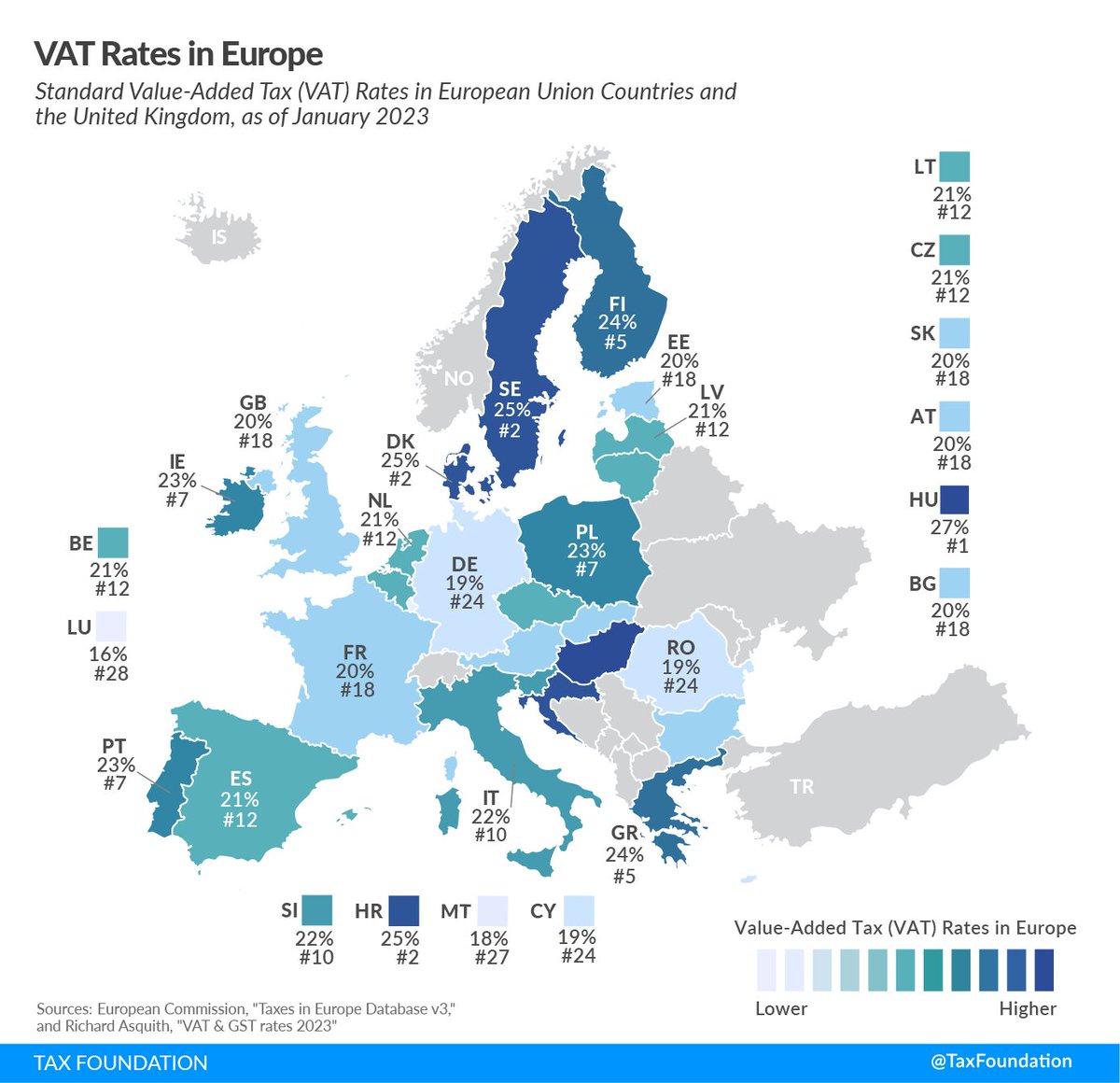So @realDonaldTrump is announcing his “America First Healthcare Plan” today in a spacious airplane hangar. Chairs spaced out to six feet. A lot of doctors in white coats in the room. I’ll tweet out some comments as POTUS makes his remarks. 

One thing to keep an eye out for: how much of today’s discussion is about Trump’s health care policies to date (price transparency, reducing drug prices) vs. what he proposes to do in a second term.
As much as Trump is disliked by Dems, the stuff Trump has done through executive action in health care is broadly bipartisan in nature. Lots of people support price transparency, better negotiation of drug prices, etc.
Here’s how Trump’s proposals and actions on reducing drug prices line up with what @FREOPP has proposed: freopp.org/where-freopp-a…
Obviously the upcoming #SCOTUS appointment has a lot of people thinking about the Texas v. Azar Obamacare case. I seriously doubt that even with a 6-3 majority the Court’s conservatives will strike down the entirety of the ACA. I explain here: forbes.com/sites/theapoth…
In 2016, @realDonaldTrump promised “insurance for everybody.” What will he promise today? forbes.com/sites/theapoth…
Contrary to what a lot of people on the right and left believe, it is possible to achieve universal coverage with private insurance: freopp.org/key-findings-f…
Trump is highlighting Biden’s support for federally subsidized coverage for illegal immigrants. I wonder if this will come up in the first presidential debate...
“If we win,” Trump promises, we’ll have a plan that is less expensive that protects people with preexisting conditions. The exchanges are no longer “Obamacare” because the mandate was repealed.
Along with more choice, Trump talking up price transparency and the end of surprise billing as ways to lower costs. Transparency can lower costs but surprise billing reform done the wrong way can actually drive costs up.
Here is my explainer in surprise medical billing and the wrong way to reform the problem: forbes.com/sites/theapoth…
The most significant reforms Trump has proposed are the price transparency rules, which are now law, and his proposal to enact “most favored nation” pricing for Medicare drugs. I explain that policy here: forbes.com/sites/theapoth…
Trump now touting the ongoing negotiations between @MarkMeadows and the pharmaceutical industry to do something different than the executive order. Watering down the EO would be a mistake, because U.S. biologic drug prices are skyrocketing: freopp.org/the-growing-po…
Trump now highlighting another very important, bipartisan reform: site-neutral payment. Medicare overpays hospitals for services that can be delivered outside of hospitals for less. This is one of many provisions in Bruce a Westerman’s Fair Care Act: freopp.org/bruce-westerma…
Trump now talking about my favorite obscure wonky topic: the fact that Congress and President Clinton shut down the Puerto Rico pharmaceutical manufacturing industry beginning in 1996. Trump is noting that Biden supported the measure (as did many others). forbes.com/sites/theapoth…
That’s a wrap. On to #SCOTUS!
• • •
Missing some Tweet in this thread? You can try to
force a refresh









